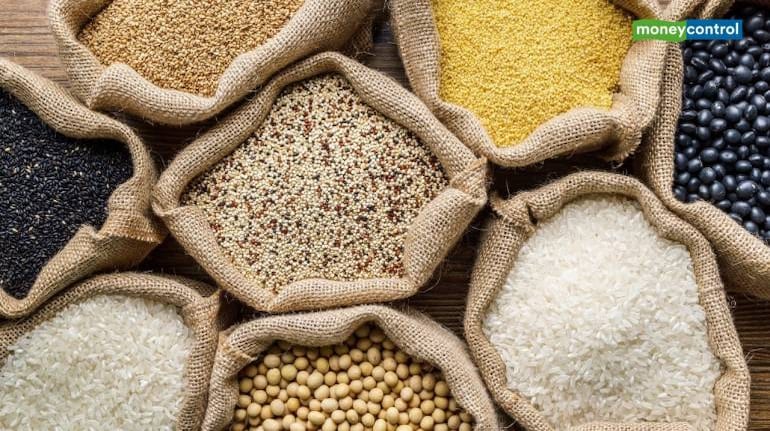



The government has kept a close watch on the production and availability of essential commodities through regular reviews by the Inter-Ministerial Committee and Committee of Secretaries. Several fiscal measures were taken by the government to bring down the prices of essential commodities this year.
The government on May 13, 2022, prohibited the exports of wheat flour to prevent a domestic surge in prices. From July 12, wheat flour exports were permitted but were subjected to restrictions as recommended by an inter-ministerial panel. In August, the export of maida and suji was allowed only after the approval of the inter-ministerial panel.
Another notification the same month prohibited the export of wheat or meslin flour (atta), maida, samolina (rava/sirgi), wholemeal atta, and resultant atta. “This amendment in the policy aimed to ensure food security and put a check on the mounting prices of wheat flour in the country,” the survey said.
The Central Government, in September, imposed an export duty of 20 percent on rice, brown rice, and semi-milled as well as wholly milled rice, except parboiled rice.
To insulate vulnerable sections from the rise in prices, the Government has launched a new integrated food security scheme, ‘Pradhan Mantri Garib Kalyan Ann Yojana’ on 1 January 2023, to provide free foodgrains to more than 80 crore beneficiaries.
The prices of tomato which rose to over Rs 150 per kg in May 2022, were mainly due to crop damage and supply disruption caused by unseasonal heavy rains in the major producing states of Karnataka, Tamil Nadu, Andhra Pradesh, and Telangana, the report reads.
To reduce the rising prices of pulses, a buffer stock of pulses has been maintained for price stabilisation in 2020-21, 2021-22 & 2022-23. “Calibrated release of pulses from the buffer stock will moderate the prices in the market,” the report reasons.
Meanwhile, the import duty on masur was brought down to zero percent with effect from July 2021. In March last year, the import of tur and urad under the Free Category was extended until March 31, 2023. The Central Government, in September last year also decided to provide 1.5 million tonnes of chana to States and UTs at a discounted rate for distribution under various welfare schemes.
“International prices of edible oils surged in FY22 owing to a shortfall in global production and an increase in export tax levies by various countries. India meets 60 percent of its edible oils demand through imports, making it vulnerable to international movements in prices,” the report reads.
Discover the latest Business News, Sensex, and Nifty updates. Obtain Personal Finance insights, tax queries, and expert opinions on Moneycontrol or download the Moneycontrol App to stay updated!
Find the best of Al News in one place, specially curated for you every weekend.
Stay on top of the latest tech trends and biggest startup news.